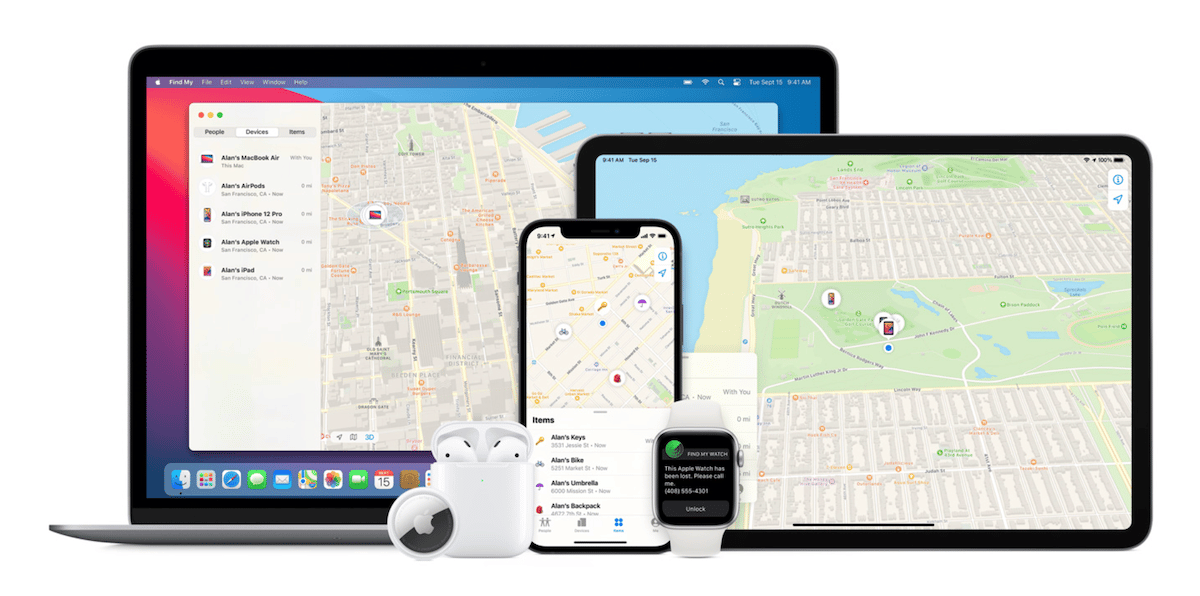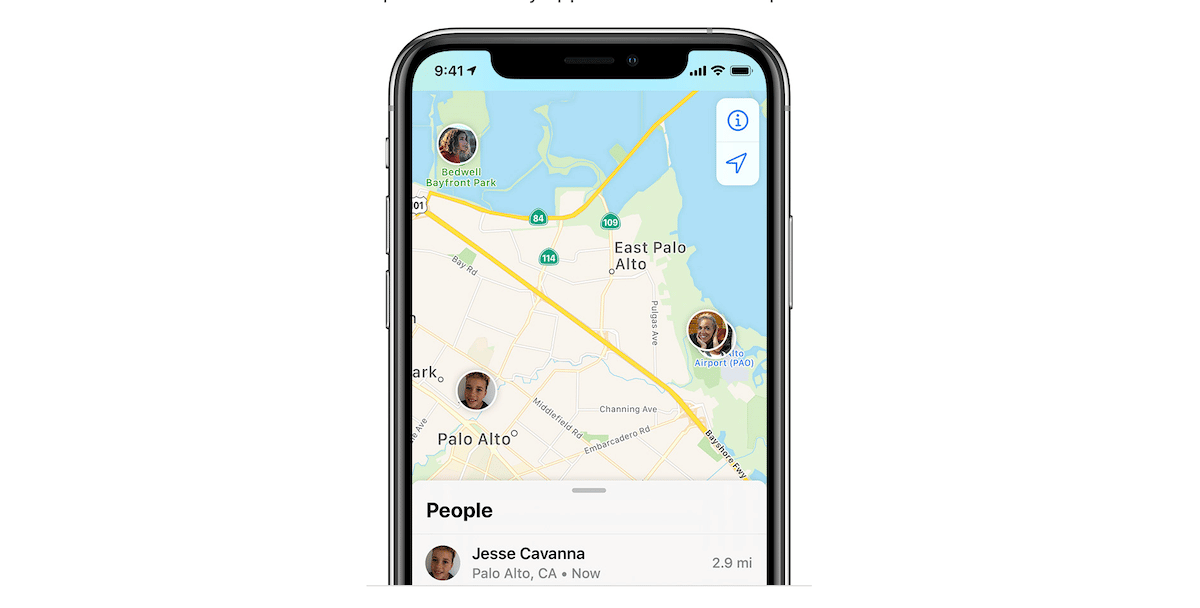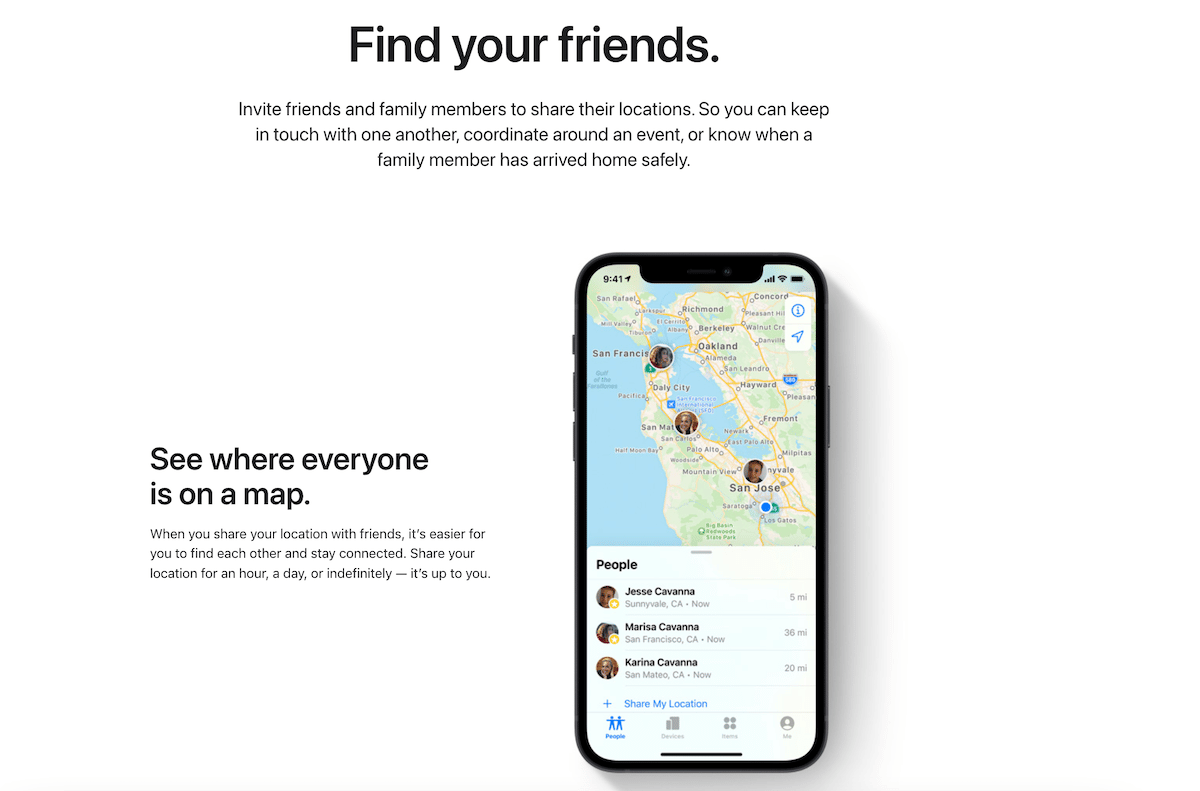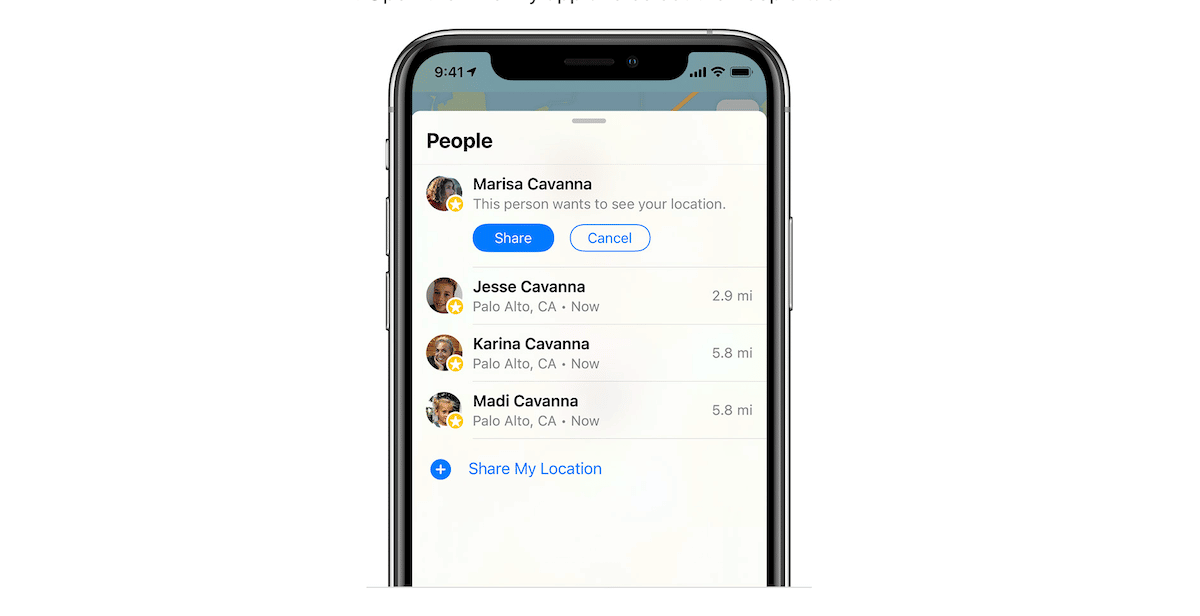iOS Find My app is widely used to locate devices by Apple users. And consumers do not know, the app is also used to keep track of family and friends. A new report by New York Times reveals that the Find My app has become an “accidental friendship fixture” for Gen Z which raises concerns about peer pressure and privacy.

Apple users can enable the “Share My Location” on the app to share their location with friends, family, and contacts on their iPhone, iPad, iPod touch, or a paired Apple Watch on watchOS 6 or later in real-time.
However, the report highlights that such location-sharing apps have become a “staple” for friendship in today’s world “ostensibly for safety but with the side effect of complicating dynamics between friends.”

Location-sharing apps like Find My might be the side effect of complication dynamics between friends
Apps like Snapchat, Instagram and Find My have changed the dynamics of friendship in the contemporary context. Changing the way friends socialize and communicate, these apps allow users to know where their peers are at all times and blur the lines of privacy.
Friends now, sometimes unwittingly yet obsessively, check one another’s locations and bypass whole conversations, about where somebody is, what they are doing, or how their days are going, when socializing. All of that information can be gleaned from Find My.
The impact is most noticeable among Generation Z and millennials; Harris Poll revealed that 69% of Gen Z and 77% of millennials have activated location-sharing features this year as opposed to 62% of adults in the United States.

Although the feature is also used for dating, ride-hailing, navigation, food delivery, and other apps, the issue with the Find My app is that “you aren’t actively choosing to do something as you reach a certain location because you’re constantly sharing your location” said Michael Saker, a senior lecturer in digital sociology at City, University of London. That kind of usage leads to privacy, peer pressure, and mental concerns because “expectations among friends can make it more difficult to opt-out.”
“People do this sort of indefinite data sharing because it is normalized within their immediate family or friend group. No one has normalized pushing against that sharing,” said Eva Galperin, cybersecurity director at Electronic Frontier Foundation, a digital rights group.

Amanda Lenhart, who studies how technology affects families at the technology research nonprofit Data & Society, said that constant connection can also lead to fear of missing which can be troubling and emotionally difficult.
“If you can see where your friends are and what they’re doing, you can also see when they’re gathering and you’re not there. It gives the window that social media has into the activities of people that we like, which can include them doing things without you.”
I agree with the writer’s opinion that constantly tracking loved ones’ whereabouts can be harmful. It can also lead to obsessive behavior patterns. What is your opinion on location sharing among friends and family? Let us know in the comments.
Read More:



